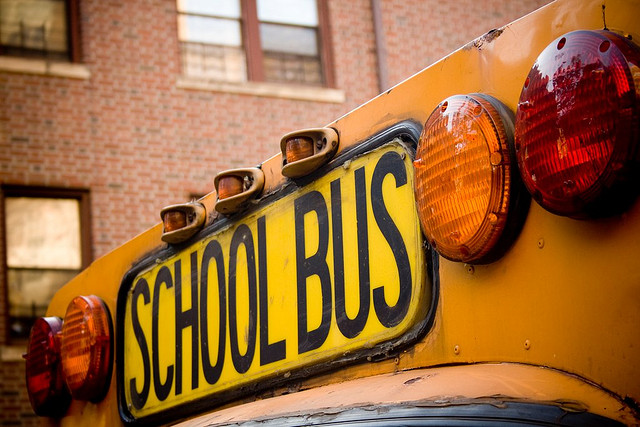-
Lot Size18,296 sqft
-
Home Size2,733 sqft
-
Beds4 Beds
-
Baths3 Baths
-
Year Built2003
-
Days on Market4
How to Evaluate a Neighborhood’s Schools
- Real Estate Tips
- evaluate, neighborhoods, schools
- February 25, 2015

People shopping for houses try to gather as much information about each of their “prime candidates” as possible. This typically means researching things like crime rates, nearby property values, demographics and the quality of local schools.
Even buyers who don’t have children are advised to check out the local schools, because a top-tier school system can be a solid indicator of an area’s future. When the time comes to sell your home, you will be able to ask more if it is located in a well-respected school district.
What can You do?
Here are a few things you can do, along with some reliable resources to use, in order to evaluate a school district or an individual school. Of course, this is just one piece of the puzzle for buyers, but it is an important piece and an easy one to learn about, provided you know where to look for the information.
Two very good websites to begin your search about school quality are Education.com and GreatSchools.org. Even if you don’t have children, visit these sites and find out about the schools near your prospective new home. Each one of these resources is loaded with statistics that will allow you to compare schools all over the nation with one another.
For information not readily available on the Internet, you should always feel free to call the school and ask some general questions, explaining that you intend to purchase a home nearby. Ask whether the school has any community outreach programs, and ask where you can get a copy of the institution’s annual report.
Word of mouth is important too. On one of your neighborhood walk-throughs, ask locals about the school’s reputation. This tactic will yield plenty of information because, it seems, people just love to talk about the places they live, whether the information is positive or negative.
If possible, visit the school and take a tour. There’s nothing wrong with chatting up your tour guide about the neighborhood either. There’s a good chance that teachers and staff live nearby and are usually more than happy to divulge all the local lore that is not available in official reports and on Internet sites.
Putting the Puzzle Together
Remember, your evaluation of the local schools is just one of many factors when it comes to making a decision about your purchase. You should keep a notebook full of all the data you collect, including information about crime and safety, municipal services, local schools, area property values and access to public transportation.
When shopping for a home, you really can’t have too much information, so try to be as thorough as possible. All the research and investigating pays off handsomely. For the vast majority of people, a residential home is the single largest purchase they will make in their lifetimes. So, don’t hesitate to roll up your sleeves and gather the facts. Later on, you’ll be glad you did.



